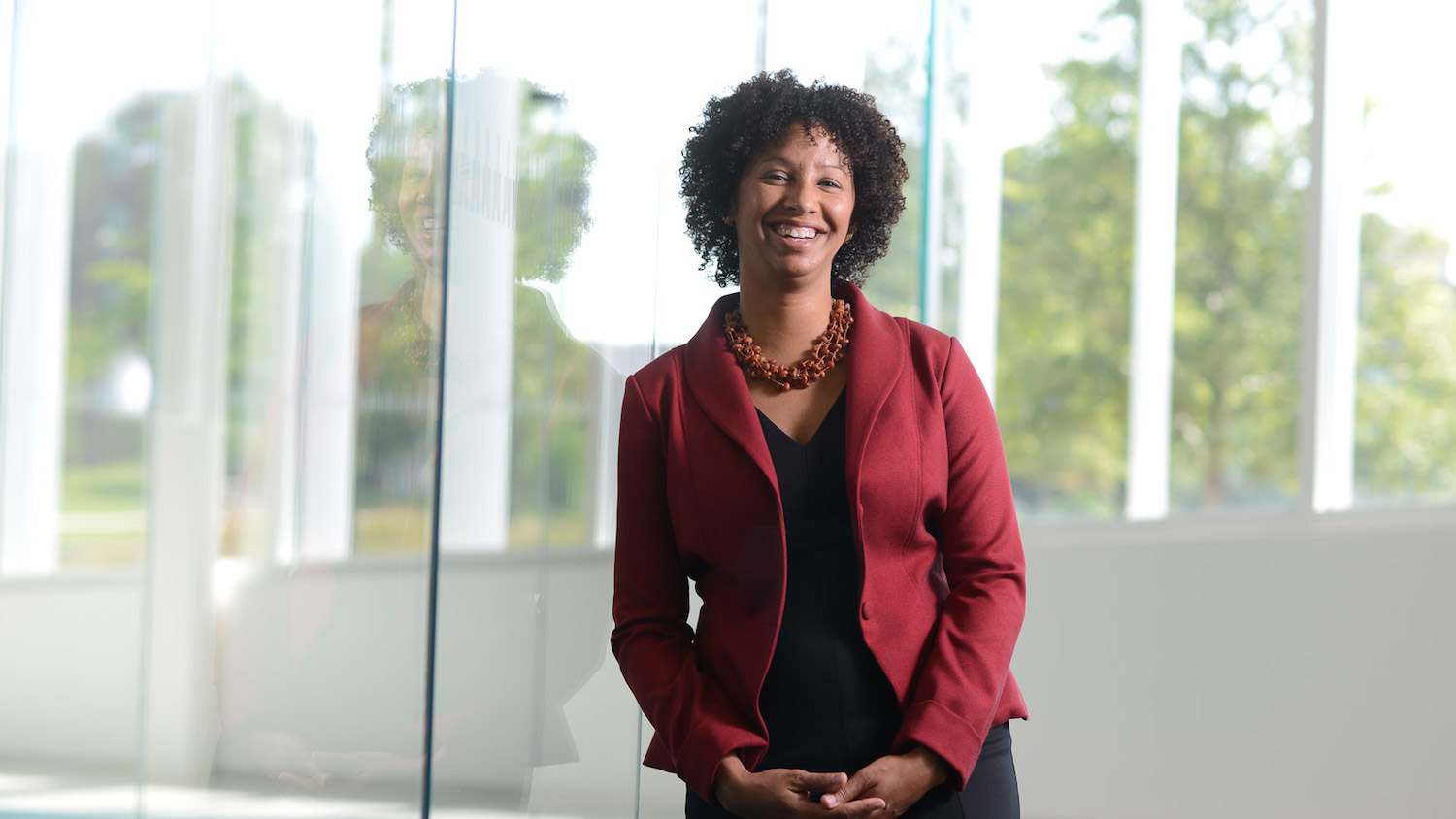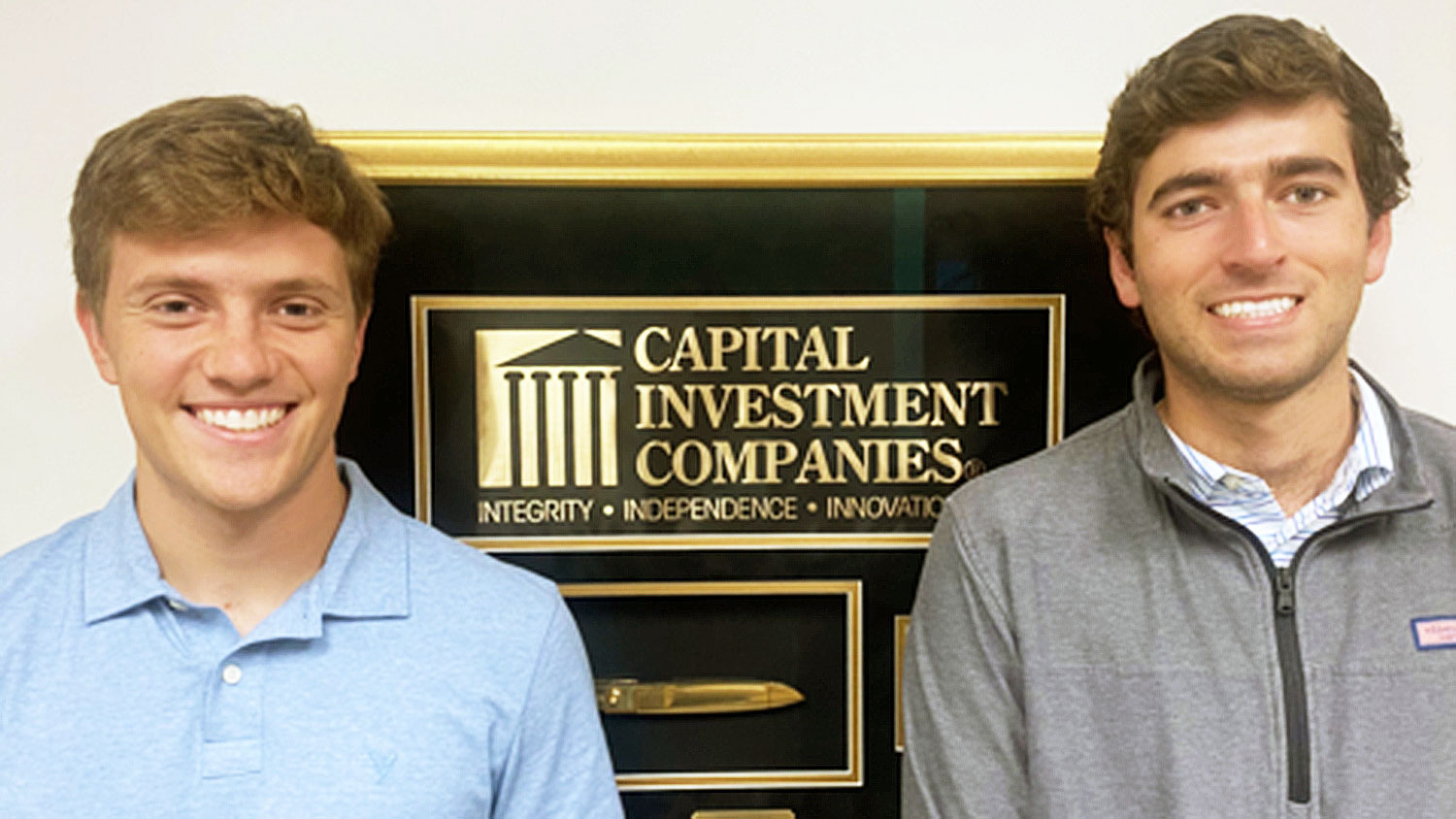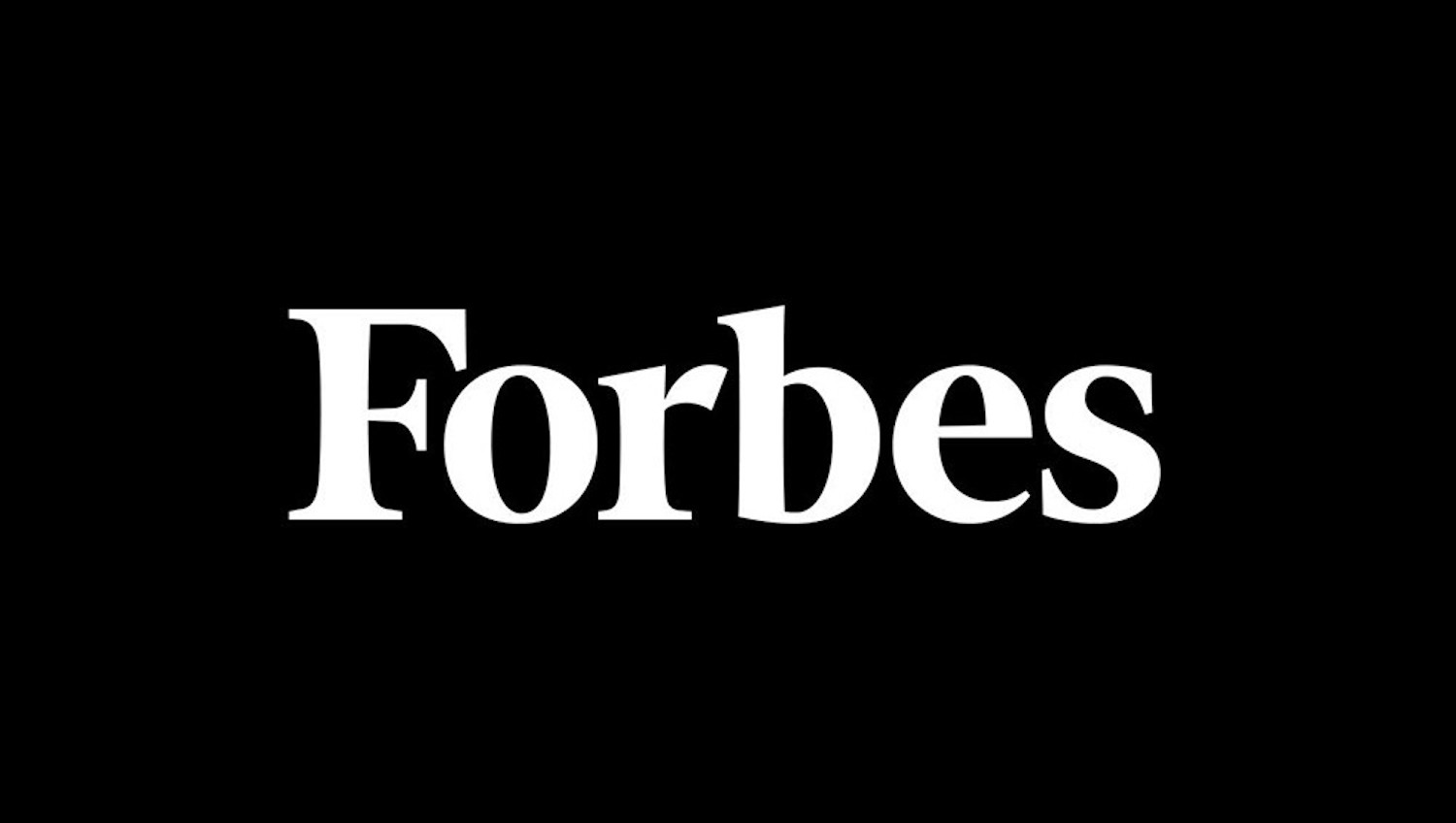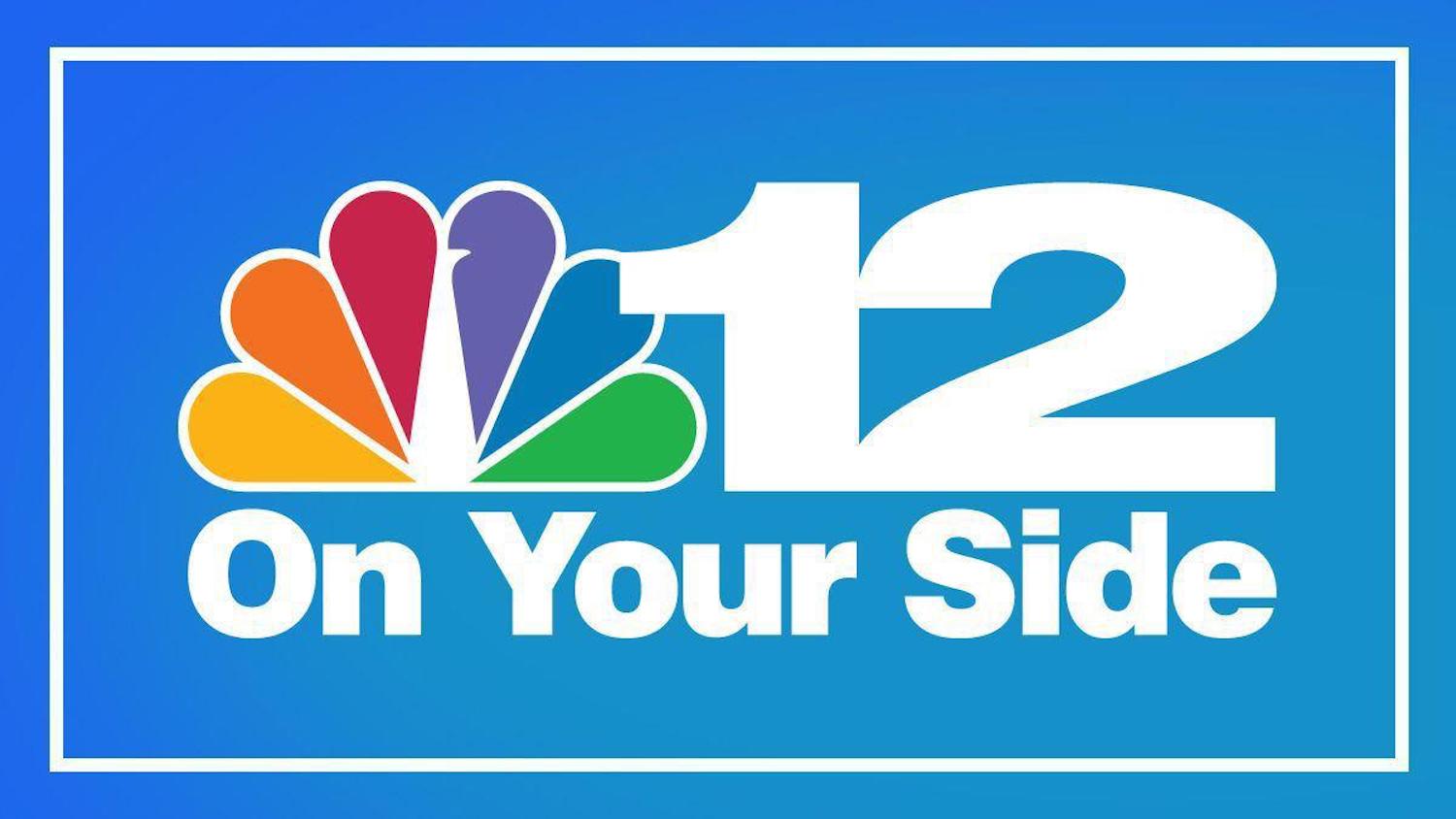This article was originally written by Christopher Marquis published on Forbes and RealLeaders.
Certified B Corporations are a growing field of study for the business leaders of the future — the students at a number of universities where faculty are part of B Academics, the global B Corp academic community.
The group’s leaders include Jessica Yinka Thomas, Director of the Business Sustainability Collaborative and Lecturer at the Poole College of Management at North Carolina State University. She oversees the university’s B Corp Clinic, where students can get real-world experience. They work with companies pursuing B Corp Certification or improving their social and environmental impact. She incorporates B Corps into her curriculum, including her undergraduate business ethics class.
“We look at how businesses can operate in a socially, environmentally, and ethically responsible manner, studying B Corps throughout that class,” she says. This includes a case study on New Belgium involving open-book management and employee ownership as strategies for engaging workers and speakers. An alumnus who works at Athleta also shared what it’s like to be a B Corp within a major multinational brand that offers products with innovative materials and an empowerment message for women and girls.
Professor Thomas says awareness of B Corps has grown in the last few years among students. They embrace the shift toward a stakeholder capitalism model as a primary method to confront the climate crisis and economic inequalities projected to worsen in their lifetimes.
It’s a combination of a very clear and ambitious vision for the movement, and a comprehensive and clear framework for explaining what it means to have a strong impact across your business stakeholders.
“It’s a combination of a very clear and ambitious vision for the movement, and a comprehensive and clear framework for explaining what it means to have a strong impact across your business stakeholders,” she says. “Something just clicks with the students. They say, ‘I get this. I want to work at a B Corp. I want to buy from B Corps. I want to learn more about what it means to be a B Corp.’”
Thomas and I recently talked about the group’s history and plans for growth as part of my research on the B Corp community. She shared more about the B Academics group’s plans to expand knowledge and awareness of B Corps among students of all ages. They also plan to grow the number of participating faculty around the globe.
Christopher Marquis: Share a little bit more about the student experience. How are B Corps incorporated into curricula? How do students react if they are first learning about the B Corp community?
Jessica Yinka Thomas: I’ve had the opportunity to work in academia for about 15 years now. And I have never seen anything that really captures the imagination and inspires students like B Corps. There’s something about having such a clear framework for impact that’s very accessible and understandable, and at the same time very rigorous and comprehensive but not a one-size-fits-all. It can be understood by entrepreneurs and by business leaders simultaneously, which makes it really accessible and attractive. It’s also engaging for students as a movement that includes well-known brands, like Patagonia, Ben & Jerry’s, Seventh Generation, and New Belgium.
It’s a combination of a very clear and ambitious vision for the movement, and a comprehensive and clear framework for explaining what it means to have a strong impact across your business stakeholders. Something just clicks with the students. They say, ‘I get this. I want to work at a B Corp. I want to buy from B Corps. I want to learn more about what it means to be a B Corp .’”
When I first started teaching about B Corps around 10 years ago, I would ask “How many of you have seen this logo?” And you might get a hand or two. Now I would say it’s a majority of students I have the opportunity to interact with who are at least familiar with the concept of a B Corp.
Christopher Marquis: As a co-founder of B Academics, how did you come up with the idea? How did the group get its start and gain traction?
Jessica Yinka Thomas: I learned about B Corps around 2009. I was running a sustainable business accelerator at the Center for Sustainable Enterprise at University of North Carolina Kenan Flagler Business School. We were looking for an impact measurement tool for the companies going through the accelerator. Two people who were critical in the early days were the other co-founders, Rosanna Garcia and Joel Gehman. Since then, we have been, from a grassroots level, building what is now a global network of educators and researchers who have this shared vision of studying business as a force for good. We want to teach the next generation of business leaders, entrepreneurs, and workers how to embed impact into business.
For the first few years, it was a very informal network. We hosted regular webinars, an annual B Academics Roundtable, and started to build out a founding leadership team. In 2019, we became a 501(c)3 nonprofit and have really started to formalize the organization. B Academics is an independent organization from B Lab, the nonprofit that oversees B Corp Certification.
We had about thirty people attend that first B Academics Roundtable in 2016. Now we have a mailing list of close to 2,000 people from at least 52 countries, representing more than 600 academic institutions or organizations that have expressed interest in engaging with B Academics. There is a core group of 12 board members at different academic institutions worldwide who are deeply involved in our work.
We’re building a resource platform with over 400 paper abstracts, cases, videos, podcasts — just a range of different research and teaching tools that will be accessible to members. Often, the research that academics publish is not easily digestible by non-academics. So we are developing a series of briefs that will translate some of the faculty and our network’s research in a way that highlights the lessons that industry can take away.
Christopher Marquis: Can you tell me a bit more about the B Corp Clinic at North Carolina State and the work students do there?
Jessica Yinka Thomas: We’ve been through many iterations of the B Corp Clinic since we launched the program in the Summer of 2015. Over the last 11 semesters, we’ve worked on 68 projects with more than 60 companies — from start-ups to multinationals — from various industries and from around the world. Some are on the road to B Corp Certification, and others are recertifying. We’ve worked with 15 companies that have become B Corp certified.
We have coaches who are typically leaders from North Carolina B Corps who provide guidance and subject matter expertise to the teams. In the first four years of the program, we designed a co-curricular model where students applied to participate in the program. At that point, we had students from seven different academic institutions across the state, including public and private universities, community colleges, and HBCUs.
Each university looks a little different, and you can adapt the model to meet the needs of the companies and the students you’re working with — undergraduate, grad students, business school students, or those from different disciplines.



